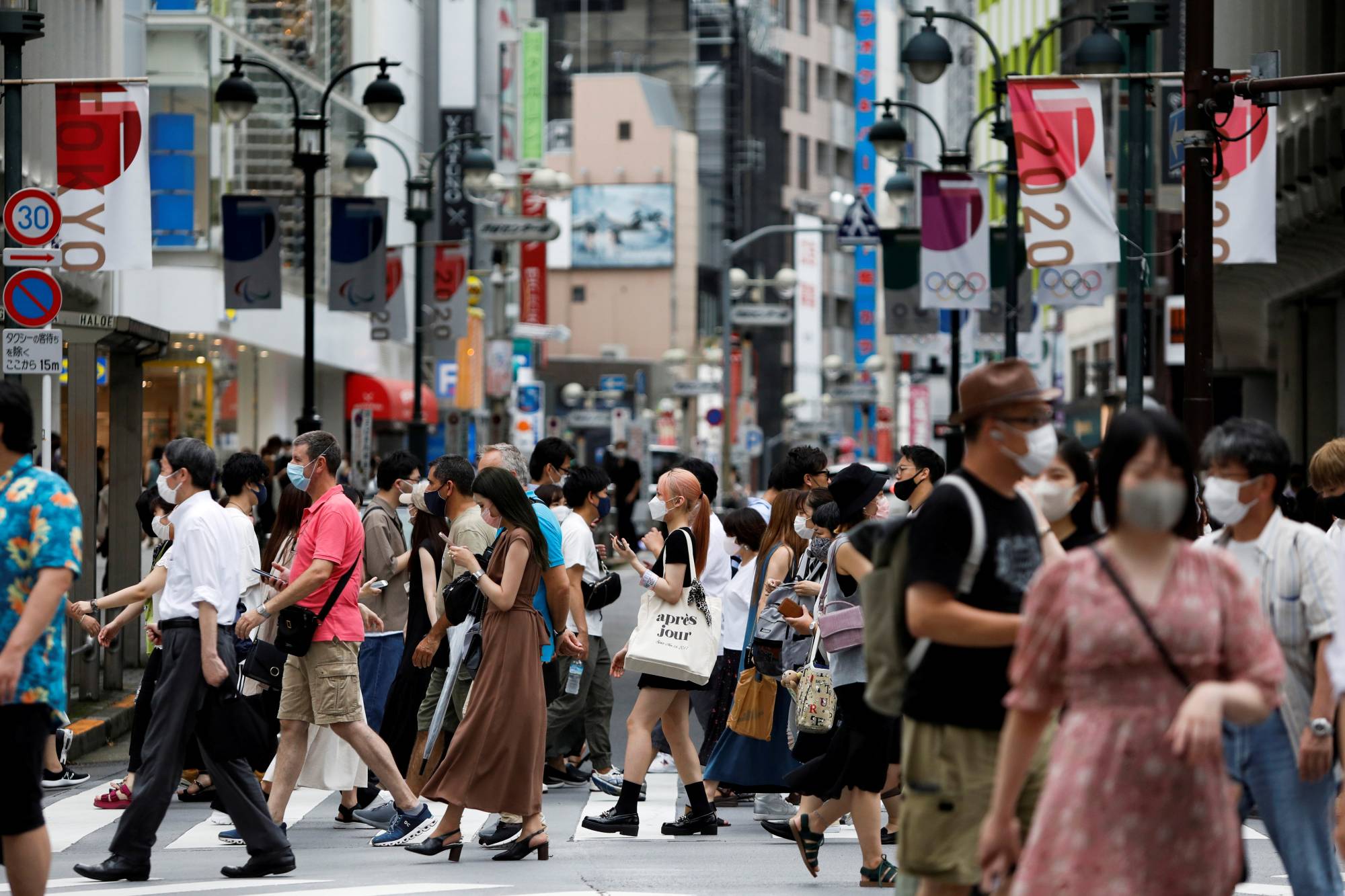Why did Japan’s fifth and biggest wave of the coronavirus pandemic, driven by the supercontagious delta variant, suddenly come to an abrupt end following a seemingly relentless rise in new infections? And what made Japan different from other developed countries that are now seeing a fresh surge in new cases?
According to one group of researchers, the surprising answer may be that the delta variant took care of itself in an act of "self-extinction."
Three months after the delta variant spurred record daily nationwide caseloads of nearly 26,000, new COVID-19 infections in Japan have plummeted, dropping below 200 in recent weeks. Highlighting that drop was the fact that no deaths were reported on Nov. 7 — the first time that had happened in about 15 months.



















With your current subscription plan you can comment on stories. However, before writing your first comment, please create a display name in the Profile section of your subscriber account page.